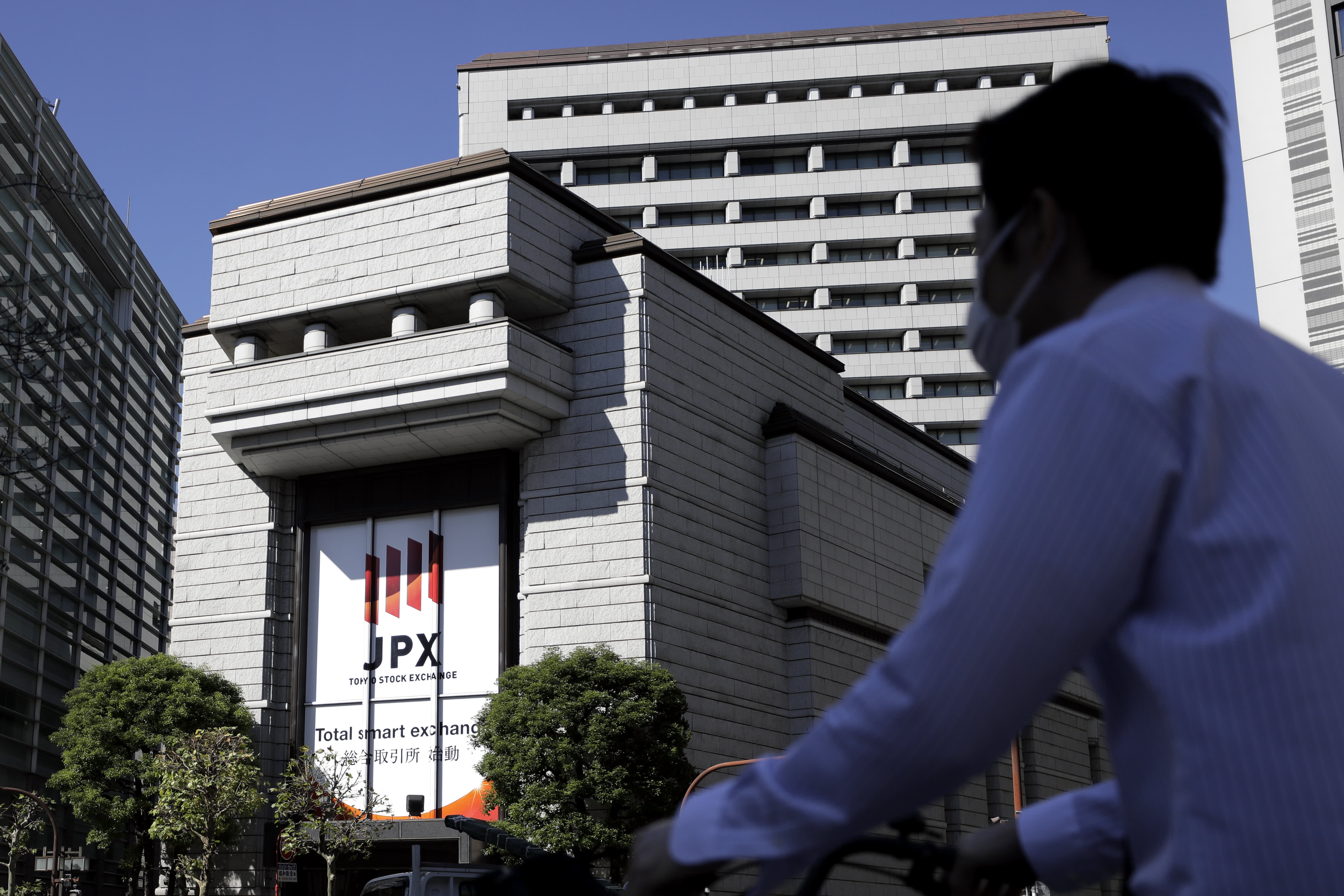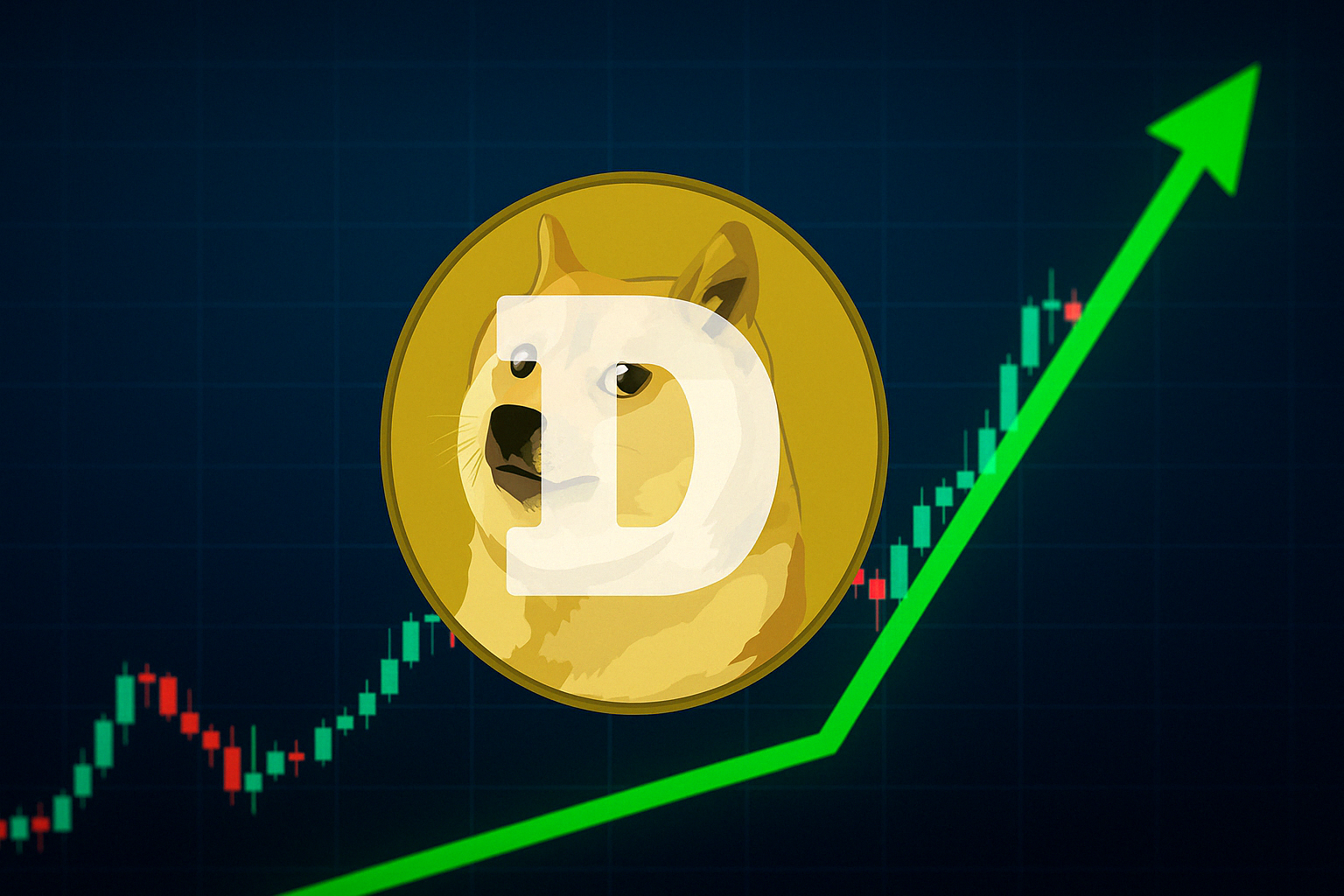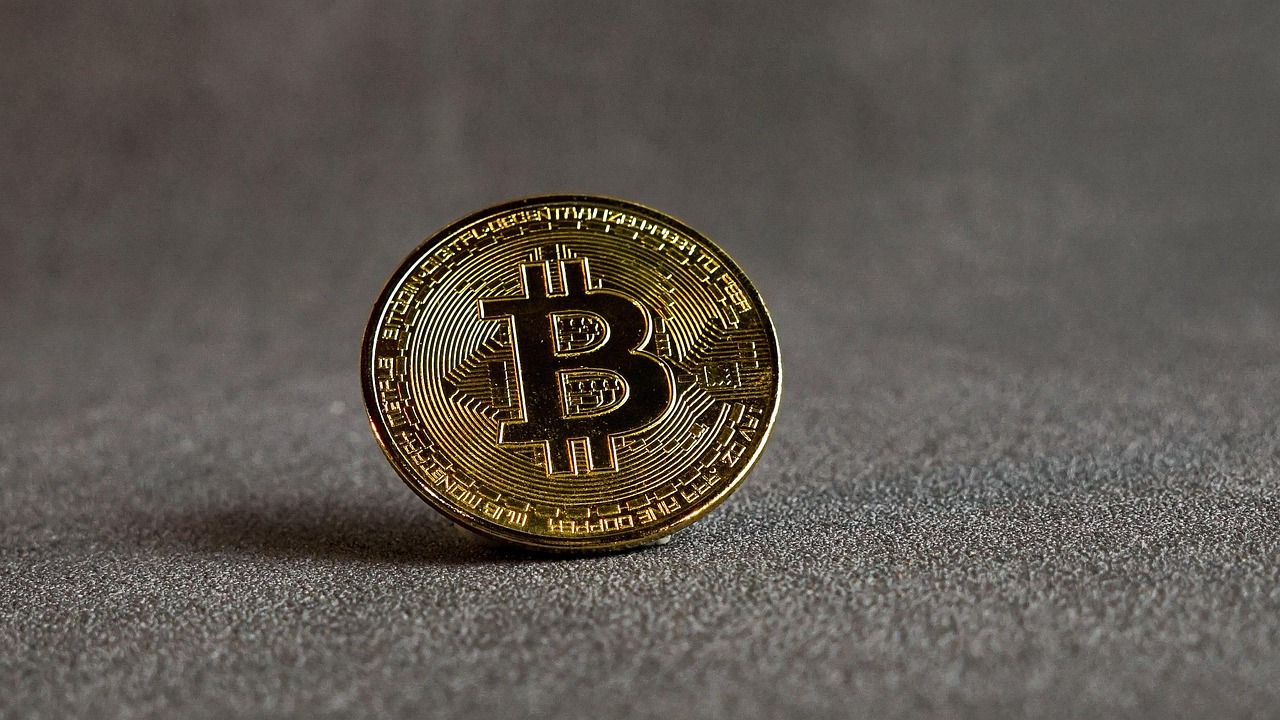Dow falls 800 points, tumbling below 30,000 to the lowest level in more than a year
Dow tumbles 800 points, reversing Wednesday's gains on rising recession fears

The Dow Jones Industrial Average tumbled below the key 30,000 level on Thursday as investors worried the Federal Reserve's more aggressive approach toward inflation would bring the economy into a recession.
The Dow had rallied on Wednesday after the Fed announced its largest rate hike since 1994, but reversed those gains and then some on Thursday, tumbling to the lowest level since January 2021.
The Dow dropped 2.6%, or 810 points. The S&P 500 slipped 3.3%, while the Nasdaq Composite slid 4.1%.
The major averages entered Thursday's session down 4.5%, 5.7% and 5.6%, respectively, for the week and well below record levels.
The S&P 500 and Nasdaq Composite are both in bear market territory, down roughly 23% and 34% from their all-time highs in January and November, respectively. The Dow, meanwhile, is about 19% below its Jan. 5 all-time intraday high.
"It's about time we exit this artificial world of predictable massive liquidity injections where everybody gets used to zero interest rates, where we do silly things whether it's investing in parts of the market we shouldn't be investing in or investing in the economy in ways that don't make sense," Allianz chief investment advisor Mohamed El-Erian told CNBC's "Squawk Box" on Thursday. "We are exiting that regime and it's going to be bumpy."
The Dow on Thursday traded below 30,000 for the first time since Jan. 4, 2021 after first breaking above that level for the first time in November 2020. That came as the emergence of Covid-19 vaccines and massive stimulus from the Fed fueled a broader market rally — led by tech shares — and took the major averages to then-record highs.
Breaking above the 30,000 mark put the Dow more than 60% above its pandemic closing low at the time. While 30,000 isn't necessarily a technical level for the Dow, these round 1,000-point thresholds are seen by many on Wall Street as key psychological levels for the market.
Stock picks and investing trends from CNBC Pro:
Data out Thursday further indicated a dramatic slowdown in economic activity. Housing starts dropped 14% in May, topping the 2.6% decline expected by economists polled by Dow Jones. The Philadelphia Fed Business Index for June came in with a negative 3.3 reading, its first contraction since May 2020.
Home Depot, Intel, Walgreens, JPMorgan, 3M, and American Express hit new 52-week lows amid growing recession fears while tech shares dropped after a bounce on Wednesday. Tesla, PayPal, Nvidia, Amazon and Netflix all slipped more than 3%. Travel stocks including United, Delta and Carnival also took a leg lower.
"There is an astonishing level of tech selling right now," wrote CNBC's Jim Cramer in a tweet Thursday. "It is breathtaking to watch as sellers are sending the best techs down gigantically at 5 a.m."
Staples stocks, known for their steady cash flows that could hold up during recessions, traded into the green or near the flatline. Procter & Gamble gained 1.6%. Colgate-Palmolive and Walmart were slightly higher.
Markets initially liked the Fed's plan to hike interest rates by 75 basis points and the potential of additional hikes of a similar magnitude. The Dow and S&P 500 on Wednesday snapped a five-day losing streaks and ended the session higher. The 30-stock benchmark added about 304 points, or 1%, while the S&P 500 advanced 1.46%. The tech-heavy Nasdaq Composite was the relative outperformer, rising 2.5%.
Market sentiment appeared to sour once again Thursday as central banks around the globe adopted more aggressive policy stances and investors questioned whether the Fed can pull off a soft landing.
The Swiss National Bank overnight raised rates for the first time in 15 years. The Bank of England was set on Thursday to raise rates for the fifth straight time.
As stocks fell, the 10-year Treasury yield resumed its massive June run on Thursday and was last trading around 3.44% after ending May at 2.84%.
Rampant inflation, which is at the highest level in 40 years, has weighed on the major averages, as have fears around slowing economic growth and a possible recession.

 Kass
Kass 
































